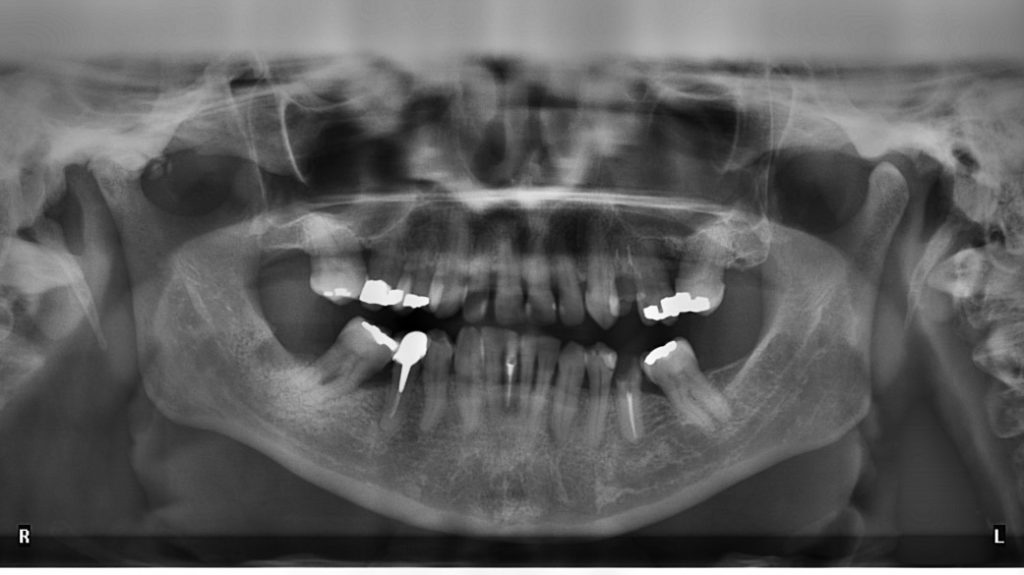Strong MRI Scans Can Suck Out Dental Fillings

A team of researchers in Turkey found that ultra high field MRI machines release mercury from cavity fillings.
Two specialists in oral and maxillofacial radiology have determined that a 7 T MRI scan has the capability to discharge mercury from dental fillings. However, very little mercury is released during a 1.5 T MRI procedure. The study was conducted by Selmi Yilmaz from Akdeniz University and M. Zahit Adisen from Kirikkale University. It was published in “Radiology” a scientific journal published by the Radiological Society of North America.
First the researchers obtained 60 high-quality molar and premolar teeth. They drilled artificial cavities in the teeth and then filled them with amalgam fillings. Amalgam consists of liquid mercury and a powdered alloy composed of silver, tin, and copper. They waited nine days, then submerged the teeth into a jar of artificial saliva to recreate the environment inside the mouth. They left one group of teeth alone. They ran a second group through a 1.5 T MRI scan, and the last through a 7 T MRI scanner.
A Tesla is a unit of measurement for the strength of a magnetic field. The standard MRI machine in a hospital or imaging center has 1.5 to 3 Teslas. In 2002, the FDA approved MRI’s of up to 8 T for use on humans. But MRI machines of this strength are less common. There are less than 100 in the world. Not a lot of studies have been done on their effects on humans. There is a concern they might have negative effects on dental fillings in particular.
It turns out that there was very little difference between the group of teeth that received a 1.5 T MRI scan and the group that was not scanned. However, the 7 T group leaked 673 μg/L ± 179 of mercury into the artificial saliva. That is compared to 172 μg/L ± 60 in the 1.5 T MRI group, and 141 μg/L ± 152 in the saliva that did not have an MRI.
Fortunately, most people are never going to receive a 7 T MRI scan in their lifetime. But there have been cases where patients in the magnet have felt pain or burning in clothes with metallic threads, or even tattoos that may contain carbon black, chromium, lead, nickel, iron oxides, titanium dioxide, or other metals.
To avoid technical errors in the MR suite consider the MRI PMT System.
